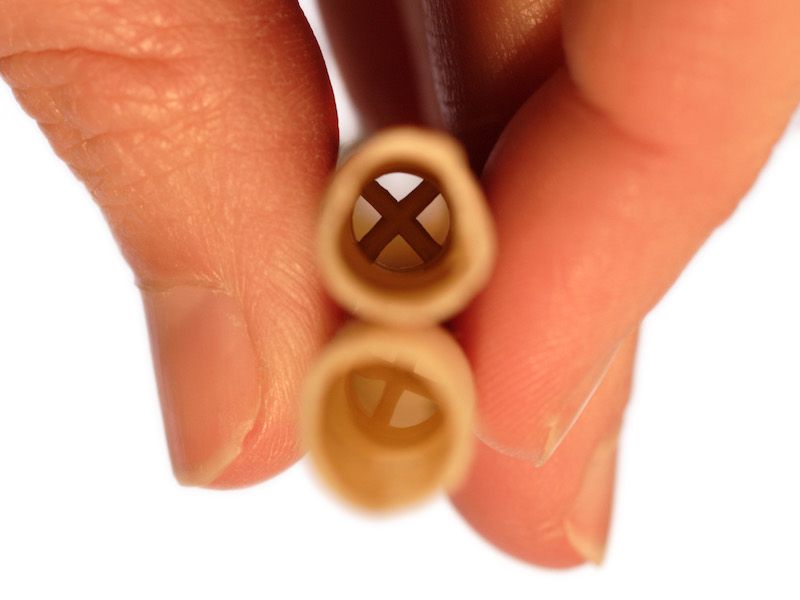
There’s a lingering belief in some circles that a practice called “ear candling” is an effective way to minimize your earwax. What is ear candling, and does it work?
Earwax Candles, is it Effective?
Spoiler alert: No. They absolutely don’t work.
Why then do normally rational people routinely accept in this pseudo-science. It’s difficult to say with much accuracy. But even though the sensible choice is pretty clear, understanding more about the dangers of earwax candling will help us make an informed choice.
What is Earwax Candling?
So the basic setup goes like this: Perhaps you have an excessive amount of earwax and you aren’t quite certain how to get rid of it. You know you aren’t supposed to use cotton swabs (which is good, cotton swabs are not an ideal way to clear out your ears, in most cases). So, after doing some research, you discover a method called earwax candling.
Earwax candling is supposed to work as follows: You develop a pressure differential by putting the candle in your ear, wick side out. The wax in your ear, then, is pulled outward, towards the freedom of the open world. In theory, the pressure differential is enough to break up that may be log-jamming in your ear. But cleaning your ears like this can be dangerous.
Why Ear Candling Doesn’t Work
This practice has a few problems, including the fact that the physics simply don’t work. There’s just no way for a candle to produce that type of pressure differential (and in order to move earwax around, that pressure differential would have to be pretty substantial indeed). Second, producing that type of pressure difference would require some type of seal, which doesn’t occur during candling.
Now, there are supposedly special candles used in this “procedure”. When you’re finished with your fifteen minutes of ear candling, you can break up the candle and, in the middle, see all bacteria, debris, and wax that had previously been in your ear. But the issue is you can find this same material in new unburned candles as well. So the entire procedure amounts to fraud.
Earwax candling hasn’t been proven scientifically to have any benefit at all.
So we Know Ear Candling Doesn’t Work But is it Dangerous?
What’s the harm in trying, right? Well, any time you get hot candle wax around your ears, you’re asking for trouble. You may be ok if you try earwax candling. Plenty of people do. But that doesn’t mean there aren’t risks involved, and it certainly doesn’t imply that ear candling is safe.
Here are some negative impacts of ear candling:
- Whenever you’re messing around with an open flame, there’s a possibility that you might trigger serious damage and put your life in danger. You wouldn’t want to burn your house down, would you? It’s not worth the danger to attempt this useless technique of wax elimination.
- Candle wax can also block up your ear canal once it cools. This can cause temporary hearing loss or, in the most extreme cases, require surgery.
- Your ear can be badly burned. When melted candle wax gets into your ear, it can cause severe hearing issues and burns. This could permanently compromise your hearing in the most extreme cases.
You Don’t Require a Candle to Keep Your Ears Clean
In the majority of situations you will never even need to worry about cleaning earwax out. That’s because your ears are actually pretty good at cleaning themselves! But you might be one of those individuals who have an uncommonly heavy earwax production.
If you do need to clean your ears out because of excessive wax, there are scientifically-proven (and effective) means to do that properly. You could try a fluid wash, for example. Or you could see a professional who will be capable of using specialized tools to get extra wax or wax blockages out.
Cotton swabs are definitely not the way to go. And open flames are not ok either. Earwax candling is a procedure that has no benefit and will put your ears, and your whole person, at significant risk of damage and injury. So perhaps it’s time to put those special candles away.

